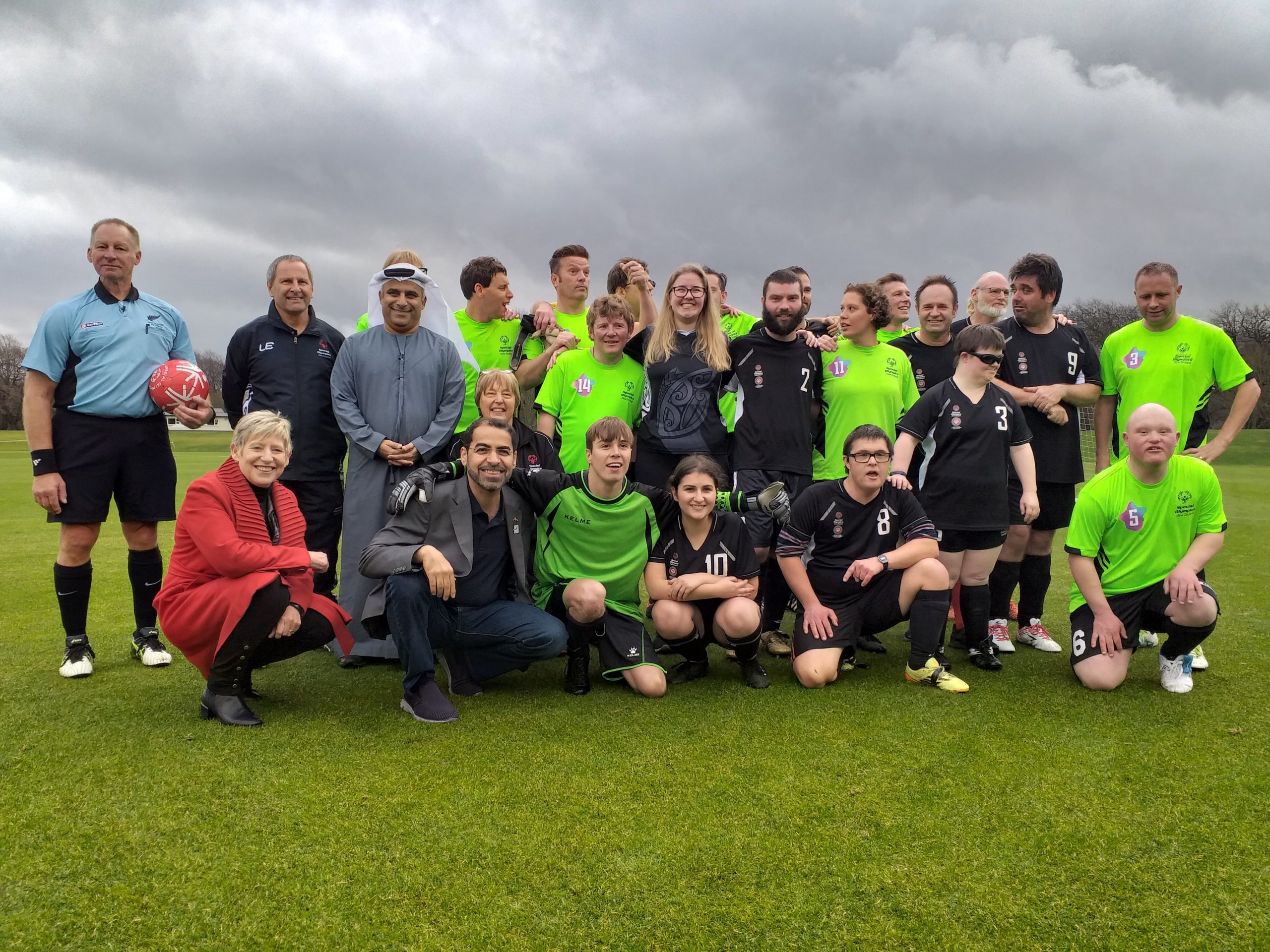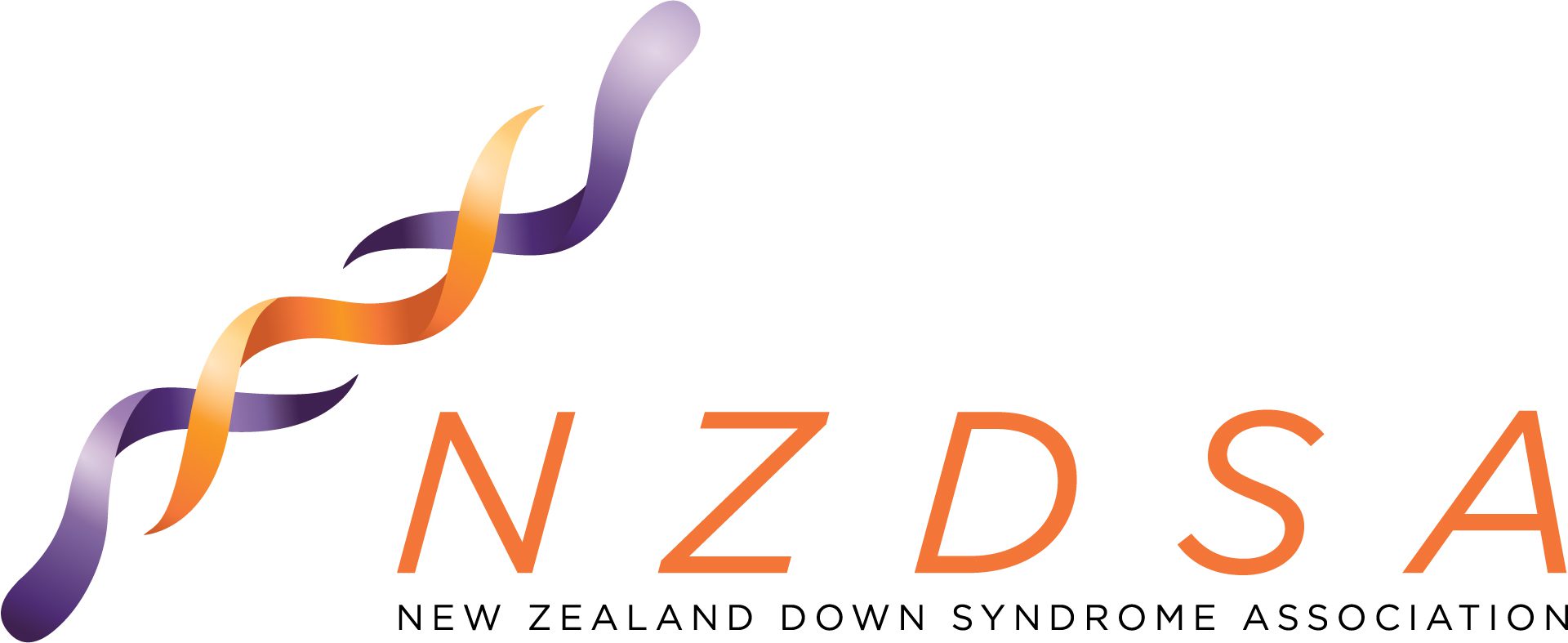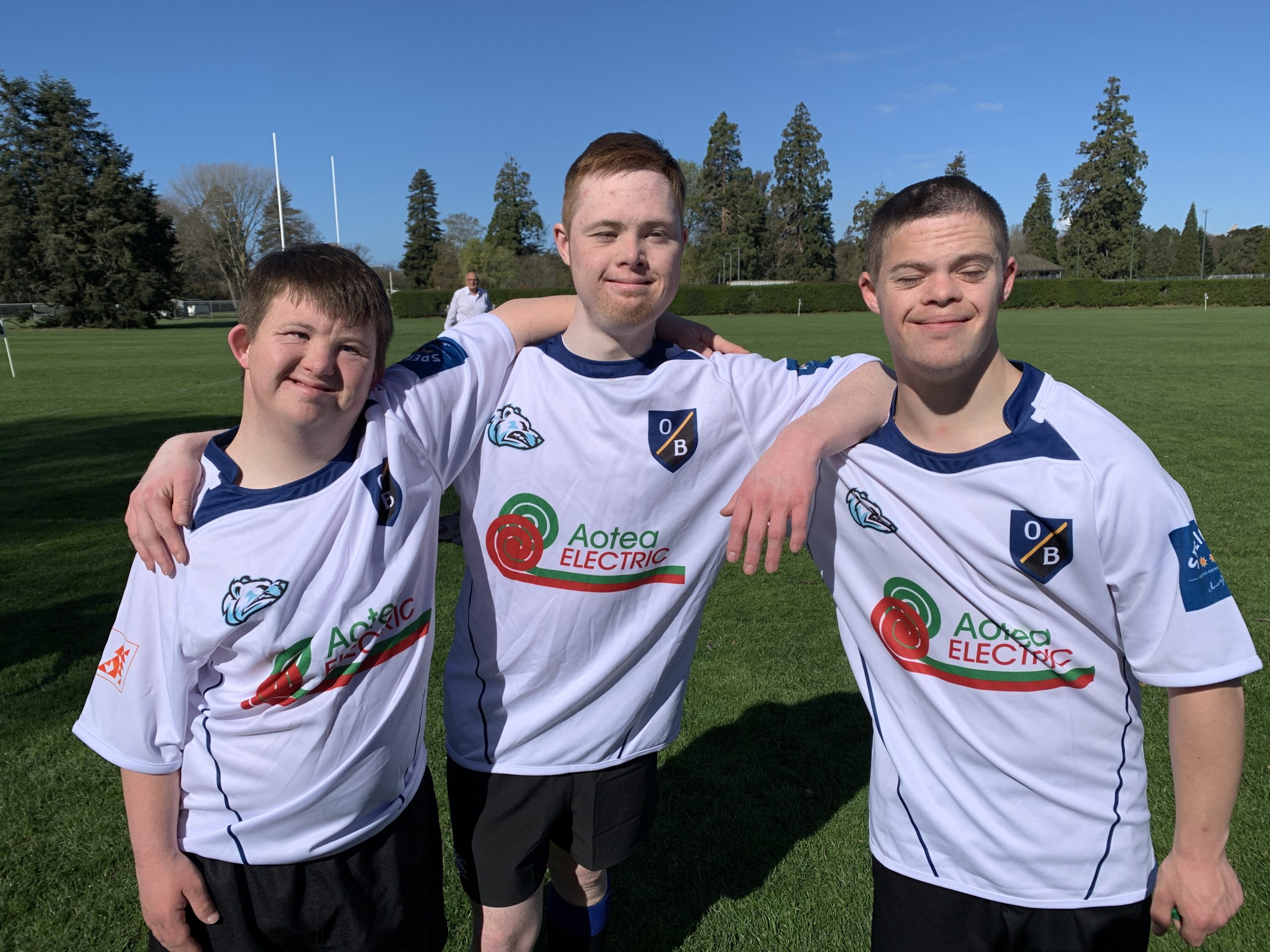


They Call Me Sam aims to change perspectives
STEP UP A group of people with Down syndrome who have shown an interest in self-advocacy and want to work their way into the STRIVE team. Home 9 Search query for: pati Stand up loud Talk about Empowering People with Down syndrome to have Universal Participation...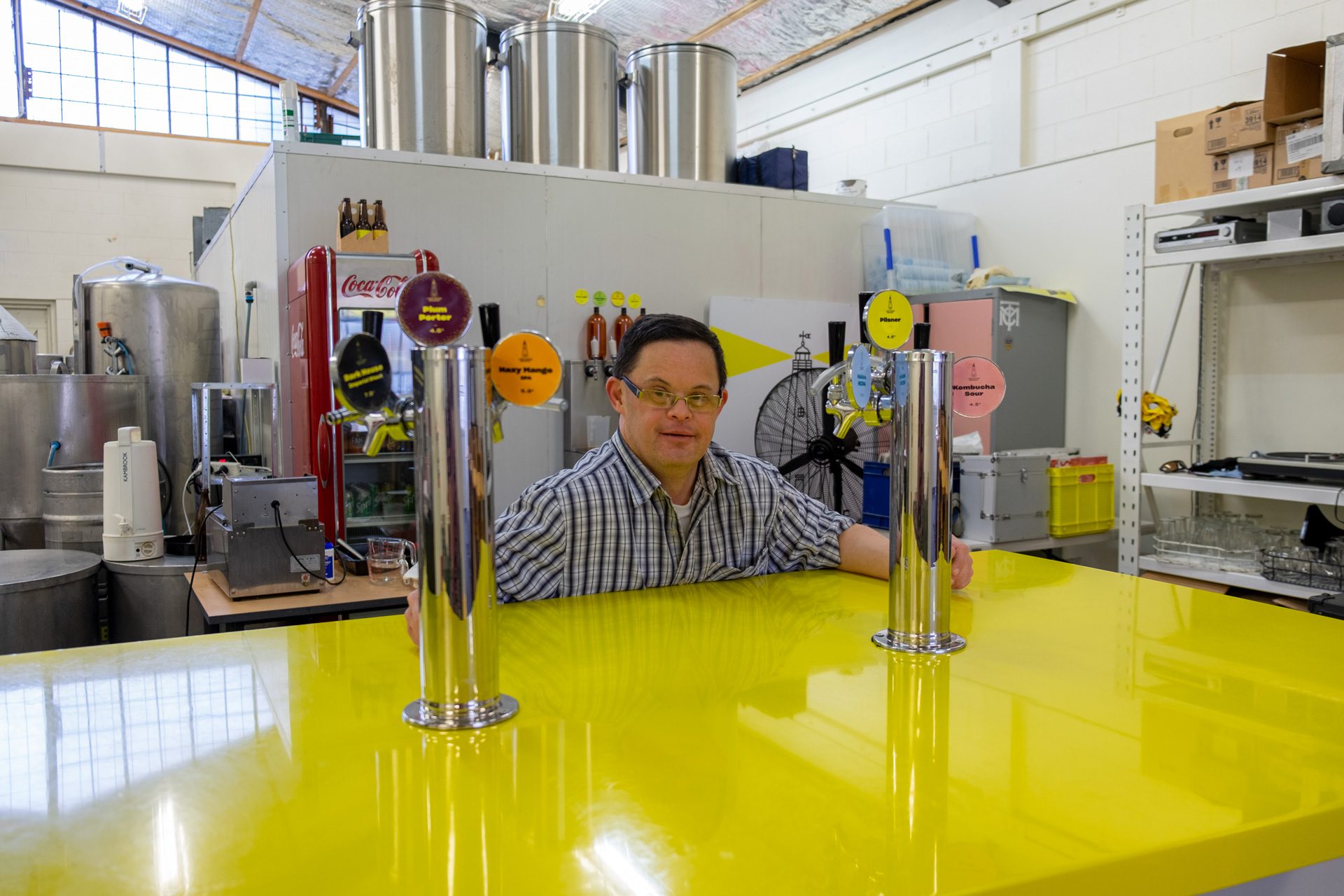
Me and My Job at the design studio
By John Pike Where do you work? Right here at Slaughterhaus – the graphic design company where CHAT 21 is produced. How long have you worked here? 11 months. How many hours each week? 6 hours. What jobs do you do at your work? I do the cleaning in the design studio...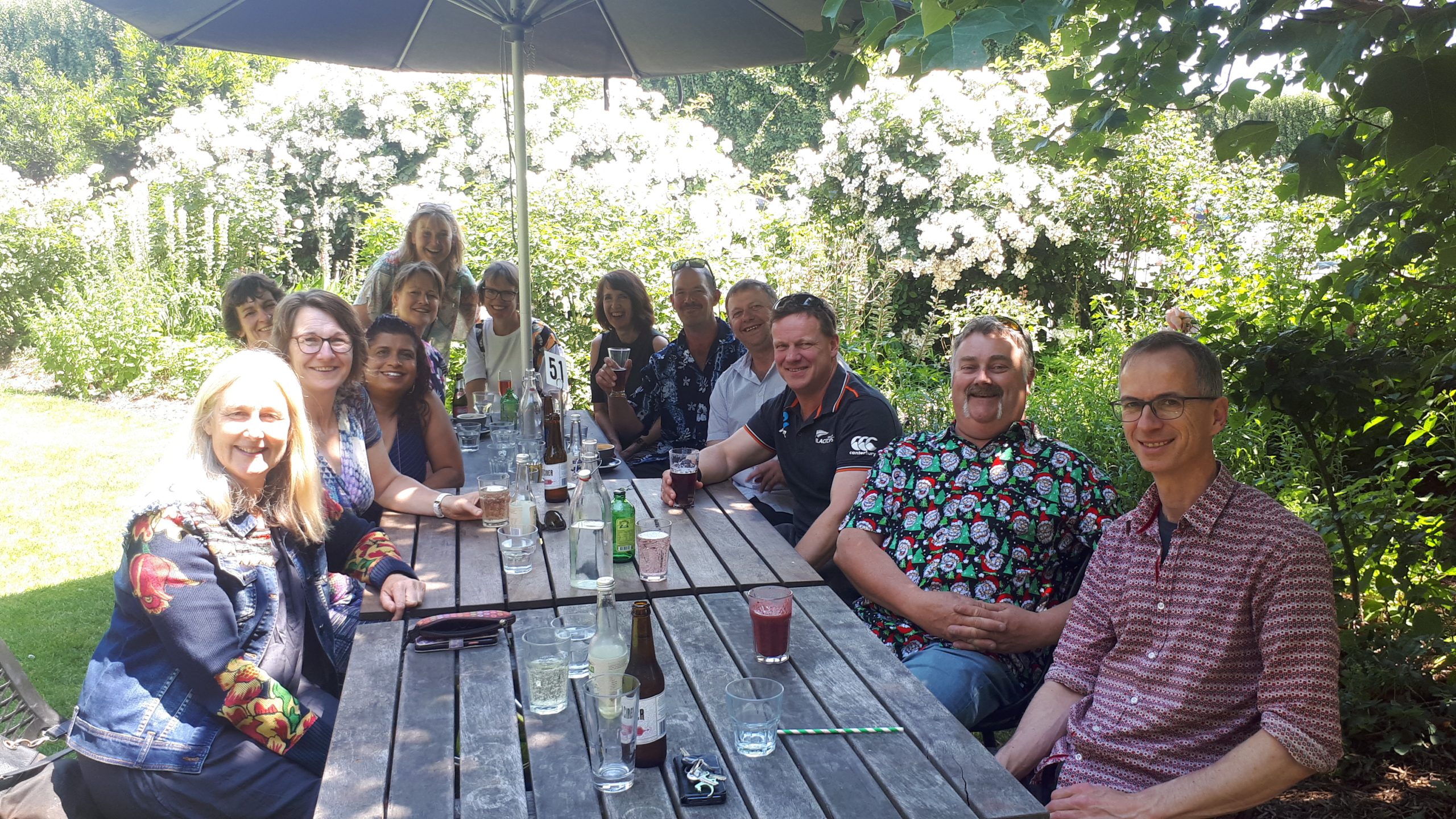
Parent connections provide invaluable support
STEP UP A group of people with Down syndrome who have shown an interest in self-advocacy and want to work their way into the STRIVE team. Home 9 Search query for: pati Stand up loud Talk about Empowering People with Down syndrome to have Universal Participation...